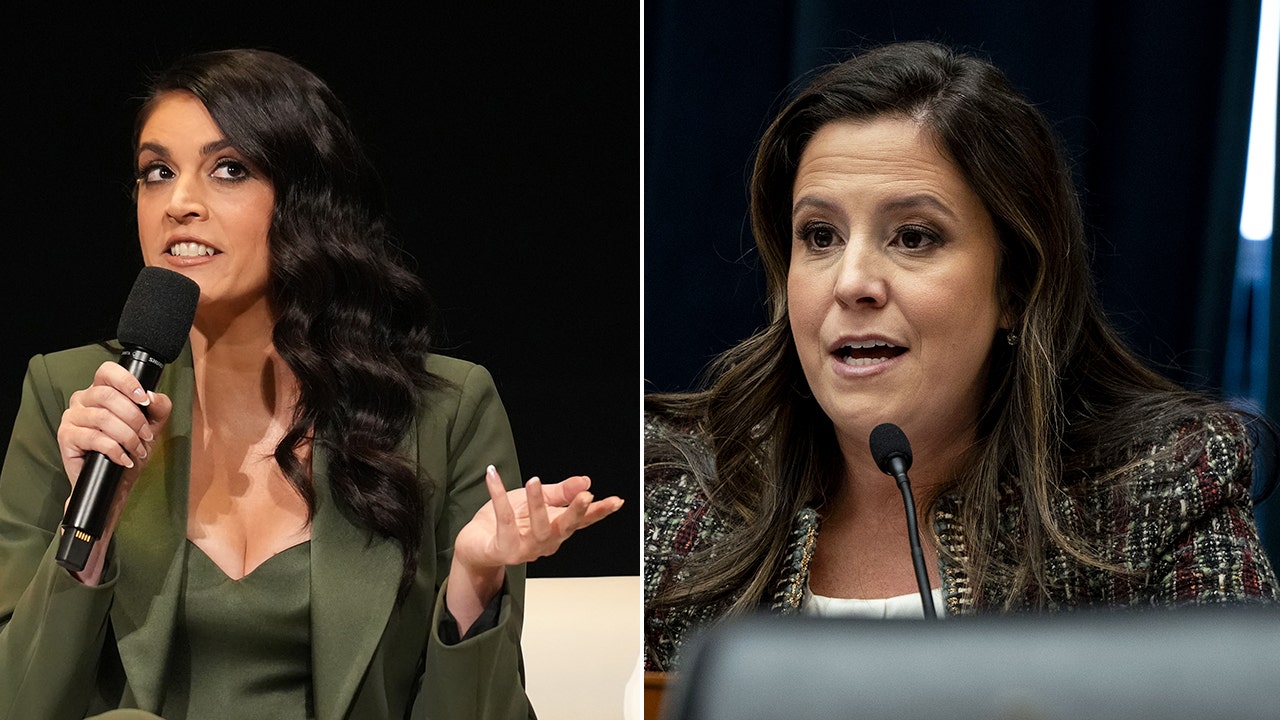Senior officials at the Justice Department have claimed that executive privilege should bar a lawyer dismissed from the department from testifying to Congress about a disagreement with supervisors over restoring the gun rights of Mel Gibson, the actor and prominent supporter of President Trump.
Nevertheless, Elizabeth G. Oyer, the department’s former pardon attorney, appeared before lawmakers on Monday afternoon. “I am here because I will not be bullied into concealing the ongoing corruption and abuse of power at the Department of Justice,” she told Democratic senators and representatives.
The dispute began on Friday night, when a lawyer in the office of the deputy attorney general warned Ms. Oyer that she was “not authorized to disclose” records about the firearms-rights issue to lawmakers, according to a letter reviewed by The New York Times.
A lawyer for Ms. Oyer responded in kind, accusing the department of trying to intimidate a whistle-blower on the cusp of a congressional hearing.
The department’s argument that internal conversations are covered by executive privilege — a legal doctrine meant to keep some discussions in the executive branch off-limits to the other branches of government — could have consequences for many other former Justice Department lawyers. Already, the department has fired dozens of career prosecutors, some of whom have spoken publicly about their experiences, while others may yet do so.
On the same day that the department informed Ms. Oyer of its plans, she also learned that deputy U.S. marshals would be sent to her home to deliver the department’s letter. After Ms. Oyer assured officials that she had received it via email, the delivery was canceled.
Her lawyer, Michael Bromwich, noted that Ms. Oyer’s teenage son was home alone at the time.
“This highly unusual step of directing armed law enforcement officers to the home of a former Department of Justice employee who has engaged in no misconduct, let alone criminal conduct, simply to deliver a letter, is both unprecedented and completely inappropriate,” Mr. Bromwich wrote in a letter addressed to the deputy attorney general, Todd Blanche. “You appear to be using the department’s security resources to intimidate a former employee who is engaged in statutorily protected whistle-blower conduct.”
Ms. Oyer was fired last month after a prolonged dispute over whether the federal government should allow Mr. Gibson, who has a misdemeanor domestic violence conviction, to possess firearms again. Senior Justice Department officials have said she was not fired because of the clash.
The Times reported last week that after Ms. Oyer’s termination, senior officials decided to restore the gun rights of Mr. Gibson and nine others. Ms. Oyer has said she resisted efforts to recommend that his gun rights be revived because of episodes like his past conviction on a domestic violence charge.
During those conversations, Ms. Oyer said, a senior department official suggested that she change her mind because of Mr. Gibson’s personal relationship with Mr. Trump.
“I don’t want to be complicit in what is happening inside the Department of Justice, which is the misuse of the resources of the department to do political favors for friends of the president, political loyalists,” she told lawmakers.
The department, in its letter to Ms. Oyer, argued that internal deliberations related to the restoration of firearms rights were “likely covered by one or more components of executive privilege and would implicate the rules of professional responsibility.”
The letter, written by Kendra Wharton, who works for Mr. Blanche, warned Ms. Oyer that “you are not authorized to disclose any records of the department to Congress with respect to the department’s consideration of the restoration of firearm rights.”
The fight over Ms. Oyer’s testimony echoes a similar disagreement in the early days of the first Trump administration, when senior officials signaled to Sally Q. Yates, who had been fired as deputy attorney general, that details of her conversations were probably covered by executive privilege or attorney-client privilege and could not be shared with Congress.
That dispute centered on Ms. Yates’s communications with the White House. Ms. Oyer’s discussions were with other Justice Department officials, including people who worked for her in the pardon office.
Mr. Bromwich said the claim of executive privilege was “completely without merit,” noting that Mr. Trump had not asserted executive privilege over any of the issues. “Moreover, executive privilege cannot be asserted to protect misconduct,” he added.
The hearing also featured testimony from Ryan Crosswell, a prosecutor in the public integrity unit of the department who resigned in protest after political appointees at the department forced his colleagues to drop a corruption case against Mayor Eric Adams of New York.
Mr. Crosswell said the fallout was swift and devastating.
“The public integrity section has protected the American people against abuses of power for nearly 50 years, but it was nearly eliminated in an hour,” Mr. Crosswell said.















